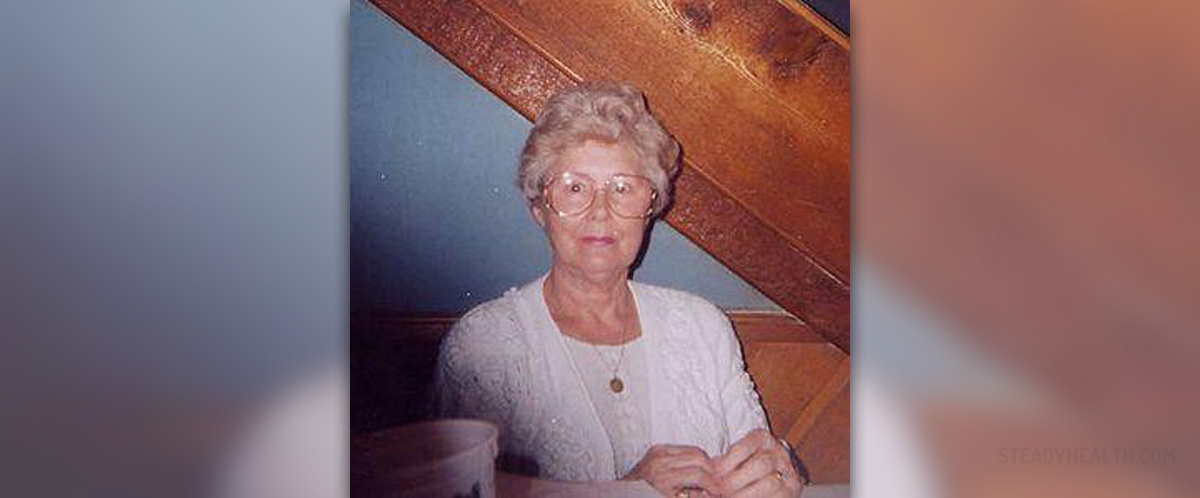
Elderly people, bothered by many oftheir health problems, can find themselves in a situation whichrequires help from others. Dementia, terminal illnesses and manyother forms of impairments all may make it hard for these people tofunction properly on their own.
Therefore, health care is often a verygood friend and companion of the elderly in need.
Elderly in Need of Help
The health care already has awell-developed system for assisting people who are classified as “thedisoriented”. Basically, these elderly individuals are those whohave problems related to losing some of their cognitive abilities,not being capable of remembering certain things, being prone toforgetfulness or experiencing some other issues of this type.
Once dementia or some other similarconditions take their toll, the disoriented person may find it hardto become aware of the days or recognize the places they findthemselves in. In such situations, simple tasks such as dressingoneself, leading a meaningful conversation, let alone attending toall the hygienic and nutritional needs may become impossible withoutadequate assistance.
Moreover, the personality of theelderly people affected by the woes of old age can change. Somedisoriented old people become depressed, lethargic or overly passive.Furthermore, others turn into fearful and restless individuals orpeople who are irritable, excessively demanding and dependent, beingeasily upset, even by minor things.
Burdened by such symptoms and changesaffecting them, some elderly may be unable to sleep peacefully duringthe night, seeing and hearing things that are not actually there.This may lead them to insomnia and high levels of anxiety, both ofwhich can only take a higher toll on their health.
All in all, many elderly individualsmay need help, even though they might not ask for it explicitly.Medicine of today is aware of this and countless scientists areworking around the clock to understand dementia better, finding waysof reversing its symptoms and its progress. Thus, dementia, beingconsidered incurable in the past, becomes more and more simple tounderstand and treat, opening doors to a better future for manyelderly who suffer from it.
Usually, treatable types of dementiaand similar conditions which commonly affect the elderly are thosewhich are related to certain underlying illnesses like brain tumors,thyroid dysfunctions, effects of some drugs, depression or neglect.All these can and often do result in increased levels of confusionand memory problems the elderly experience. Fortunately, once theseare properly diagnosed and treated, the dementia and the impairingmemory problems disappear as well.
Subsequently, once an elderly person iscategorized as a disoriented one, he/she needs health care in a formof a proper and thorough medical evaluation and diagnosis. This formof information obtaining can help the health experts realize whetherthe condition the elderly person is suffering from is reversible ornot. Also, this way, adequate help will be given to the patients bytrained and experienced medical staff like psychiatrists andneurologists, allowing them to find a solution for their problems,knowing what to expect and how to deal with their impairments.Naturally, this can be invaluable both for the families for thedisoriented elderly people and for the affected individualsthemselves.
Health Care for Elderly Patients
Home health care is a possible option,allowing the seniors in need to live for as long as possible, withoutbeing bothered by the symptoms of their condition too much. Homehealth service involves a whole plethora of different therapies andforms of assistance, including occupational and speech therapy,physical therapy or even nursing.
Of course, if necessary, health carefor elderly patients can involve bathing, feeding, dressing, hygieneand housekeeping, as well as cooking, cleaning, transportation andall other assistance necessary, making it possible for the elderly inneed to enjoy life as much as he/she can.
However, the main focus of health careis, as expected, health, provided by qualified and skilled nurses,therapists or health aides, hired from agencies, hospitals or someother sources licensed by the state and the government.
If you opt for some form of servicelike the above mentioned, you need to make sure that your elderlyfamily member is receiving nothing but the best. During your searchfor such as service, require general information from brochures,check for the experience and the number of years the health carefacility has been around. It is very important to opt forMedicare-supported and approved options, offering individuals who areaccredited by the Joint Commission or the Healthcare Organizations,having an working license.
Once you narrow down your choice, seekfor options which provide you with an accurate treatment plan,allowing assistance on-demand 24/7, guaranteeing patientconfidentiality, adequately trained staff, employee screening,suitable paying options and proper response in case of appearance ofany problems.
Finally, after assessing the person whois to be in charge of your beloved elderly, make sure you inform himabout the illness and every other aspects of his/her health, from thenecessary clothing, over the location of different utensils in thehouse, all the way to locking the apartment, finding the keys orreaching you in case of any problems.
To conclude, health care for elderlypatients is a well-developed branch of our modern society and,through proper planning and caring for your family member in need,you can give him/her the professional assistance he/she needs.


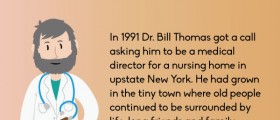

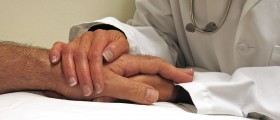
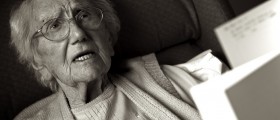






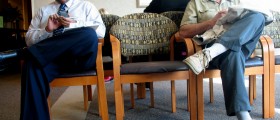


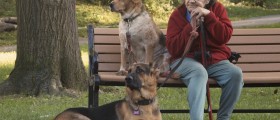

Your thoughts on this
Loading...